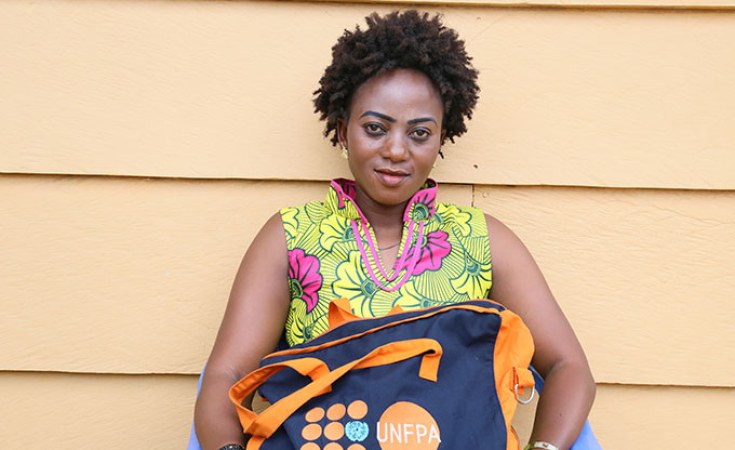Johannesburg — Doctors Without Borders in collaboration with the Democratic Republic of Congo Ministry of Health, has started enrolling patients in a randomised controlled trial (RCT) of four potential Ebola-treatments in Katwa and Butembo in North Kivu. The treatments used in this randomized control trial are: Remdesivir, mAb114, REGN-EB3 and ZMapp.
The trial is overseen by a steering committee convened by the World Health Organization and led by National Institute of Biomedical Research of DRC and U.S. National Institute of Health in collaboration with other national and international actors.
Butembo and Katwa are currently the hot spots of the Ebola epidemic that was declared in DRC on August 1, 2018. The Butembo treatment centre can admit 96 people, while the Katwa centre which opened in January, 2019, has a 62-bed capacity.
allAfrica's Sethi Ncube spoke to MSF Southern Africa Association Co-ordinator, Monica Genya.
On what basis did you choose the candidates for the treatment?
The trial is randomized - meaning that everyone who presents with symptoms in our centres could potentially be chosen at random for the trial. Those who have been chosen at random then will have the trial explained in depth and an informed consent will be requested from them.
What is the situation right now in Butembo and Katwa? And how are health workers managing?
Butembo and Katwa are at the centre of the current epidemic. The health workers are battling valiantly to respond to the needs. Since we opened our centres, 2,100 patients have been admitted; 250 were confirmed with Ebola and 110 of those patients are recovering. Butembo and Katwa have 96 and 62 beds respectively.
Why wasn't treatment trial introduced earlier?
This is due to a combination of factors. MSF needed to be able to get all the necessary controls in place and wanted to ensure that the protocols and the possible treatments were all validated before beginning the trial. Apart from this, we also formed liaisons with the WHO, the Ministry of Health of the DRC and with the US National Institute of Health. Following this - the elections in the DRC made the region extremely unstable and MSF was forced to evacuate our staff in order to protect their lives. It is only in recent days that the centres are able to absorb the roll out of the trial.
Will it be given to new patients for easier monitoring of results? Or it is available to recovering patients as well?
At the moment it will be given to new patients. Recovering patients are receiving progressively increasing level of supportive care and various treatments under the WHO protocol of Monitored Emergency Use of Unregistered and Investigational Interventions (MEURI).
How are patients already on Monitored Emergency Use of Unregistered and Investigational Interventions (MEURI) reacting to the clinical treatment?
We have witnessed varying degrees of success. In Butembo and Katwa out of 250 confirmed cases of Ebola, 110 patients are currently recovering.


